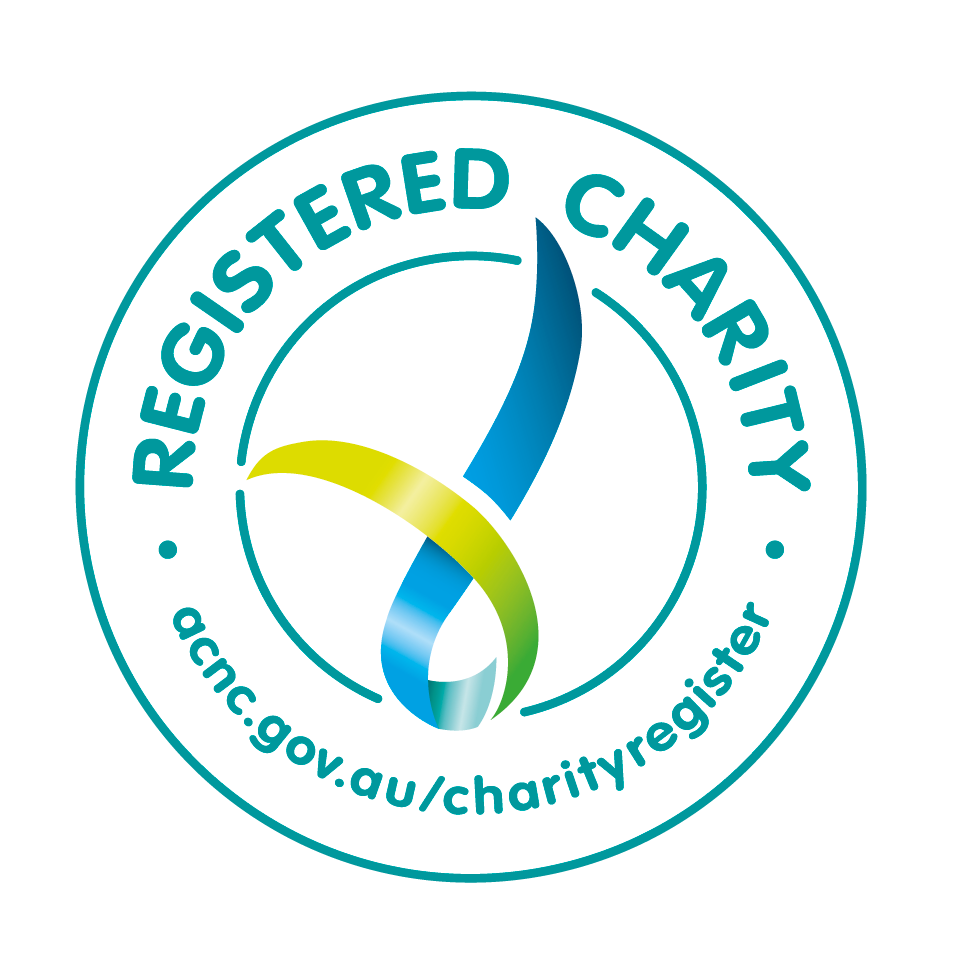Dear Inner Circle,
My fingers shiver as I write this note, and that’s about all you will hear me talk of the cold I feel. Weeks like this are heartbreaking, the incessant wind and rain exacerbating the pain those already experiencing insecurity and distress feel. Recently someone challenged this thinking with “Well, perhaps this will help people choose to turn their lives around.”
I understand why it might seem logical to think that harsh conditions would motivate change. Yet the people sleeping rough tonight aren’t there because they’re choosing comfort over responsibility — they’re there because they’re navigating complex webs of mental health challenges, family breakdown, addiction, domestic violence, or simply the brutal mathematics of rental markets and minimum wages. When someone is already using every ounce of their energy just to survive each day by finding safe places to sleep, stay warm, access food and toilets — the cold doesn’t create motivation for change. It creates trauma. It deepens existing health conditions. It makes the mountain they’re already climbing even steeper.
Honestly, we see change happen when people have enough safety and stability to begin healing, not when they’re pushed further into survival mode. The notion that suffering somehow builds character is a luxury belief held by those who’ve never truly faced it themselves.
So, if ever there is a truth we should aspire to around here, it should be relational truth.
When new people start here we often urge them to forget most of what they were taught because it tends to come from a place of academic abstraction.
Book learning teaches us that addiction is a complex neurological condition with social and psychological factors. Relational truth shows you how someone’s eyes change when they talk about their children, how shame sits in their shoulders, how hope sounds different at 3:00am versus 3:00pm, and how trust is built one small interaction at a time.
Book learning explains trauma responses and attachment theory. Relational truth teaches you that some people need you to stand a bit further away when you first meet them, that certain tones of voice can trigger fight-or-flight responses, and that safety is communicated through consistency in tiny gestures rather than grand promises.
Book learning describes systemic poverty and housing stress. Relational truth reveals the worry on someone’s face as they calculate whether to buy food or pay for a phone to stay connected to Centrelink, of not knowing where they’ll sleep tonight, and how dignity can be lost or restored in a single interaction.
This morning, as I watched a queue form for our showers and as people huddled for warmth, I shared a cup of tea with a woman who stood to the side shivering. Her tent had failed overnight and had flooded, thankfully I had a brand new winter jacket in my office that I ran to fetch and present to her, along with a few garbage bags she had requested to shore up her tent for tonight. In the face of suffering, a feeble something is always better than a futile nothing.
If relational shifts in our thinking can be made, then precious moments can turn into movements that can alter our world. Tonight, while we’re warm in our beds, while there are people enduring conditions we wouldn’t ask our worst enemies to face, our response should be compassion and action, not the comfortable fiction that their suffering serves some greater purpose.
I thank you for your active support that makes what we do possible, together we will change the world — you all amaze me!
Jon
Rev. Jon Owen
CEO & Pastor
Wayside Chapel


